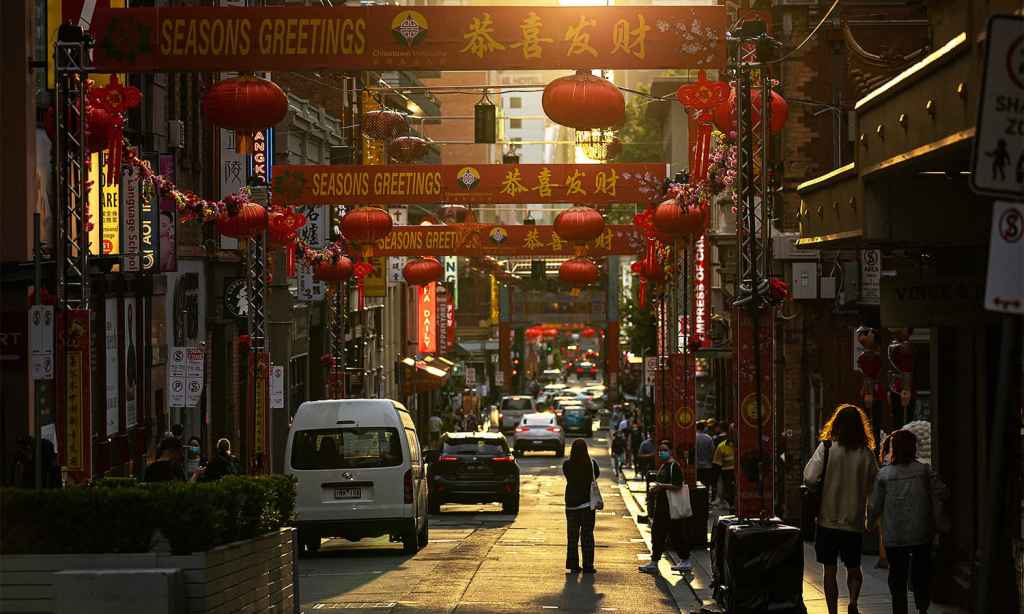Victoria is on its way to becoming one of the most vaccinated places in the world, with nearly all remaining restrictions lifted statewide for fully vaccinated people this morning.
Victoria is set to hit the 90% double dose milestone for eligible people in the coming days and from today, fully vaccinated Victorians can hit the dance floor once again. There will also be no limits on gatherings at home and no caps or density limits for cafés and restaurants.
Premier Daniel Andrews has said that “the milestone we’re about to hit is brilliant, allowing Victoria to return to something like the normal life we remember – businesses open, the city thriving and families getting back to doing the things they love together.”
The “vaccinated economy” will remain, meaning vaccination documents will need to be checked upon entry to venues. Masks will also be required in some high risk settings.
“Both are important in reducing risk as we get back to normal,” the Victorian Government has said in a press release.
All indoor and outdoor events with less than 30,000 fully vaccinated attendees will be able to proceed with no special approval while outdoor events with 30,000 or more will only need a published COVIDSafe Plan.
Indoor venues — including stadiums that have a capacity of 30,000 or more — will need to get a one-off approval of their COVIDSafe Plan from the government.
In good news for summer sports fans, major events like the Boxing Day Test and the Australian Open will be able to proceed at fully capacity, subject to the approval of the MCG and Melbourne Park’s COVIDSafe Plan.
Masks will be required for primary school staff, visitors, and for students in Years 3 to 6. Public-facing workers in hospitality venues will also need to wear masks, as will workers and customers at indoor retail stores, visitors and select workers in hospitals or care facilities, and people using public transport, taxis and rideshares, and planes.
There will still be mask requirements, density limits and caps in place for weddings, funerals, places of worship and other settings if the vaccination status of attendees is not being checked. The usual exceptions will apply.
“Unless our health services see a significant jump in hospitalisations, customers for retail will no longer need to wear masks after 15 December – in line with NSW settings,” the government have said.
Non-essential retails will also join the “vaccinated economy” and will only be open to those who are fully vaccinated, under 12 years and two months, or have a valid exemption.
Self-quarantine obligations are now reduced for COVID-19 cases and fully-vaccinated contacts. The vast majority of people who come into contact with a confirmed positive case outside their home won’t have to self-quarantine. These contacts will be required to get a standard (PCR) test and isolate until they get a negative result.
This means exposure in places like offices, restaurants or nightclubs won’t automatically result in quarantine for the patrons or staff, who previously would have been designated Primary Close Contacts at Tier 1 exposure sites.
However, the Department of Health will continue to manage emerging outbreaks of concern and ‘superspreader events’ and can impose a quarantine period on contacts on a case-by-case basis, depending on evidence.
Cases are required to notify their workplace, school or childcare about their positive result. Once informed by the case, workplaces will also have to identify and notify employees and sub-contractors — but not customers — who were exposed to advise them to get tested.
Schools and childcare will also identify and inform staff and student contacts.
School and workplace contacts presenting to testing centres for their PCR test will also be offered Victorian-funded rapid antigen tests (RATs) for recommended use before entering sensitive settings.
Exposure sites will no longer be published. Instead, the Department will use the new alert function in the Service Victoria app to notify patrons of higher-risk venues where positive cases have been present – such as restaurants, gyms and nightclubs – and advise them to get tested.
The Victorian government have said that these changes are recommended by Victoria’s public health experts based on Burnet Institute modelling, behavioural insights and international experience – and are guided by the goal of an open, vaccinated society where both public health risks and social disruptions are minimised in a balanced way.
Read more stories from The Latch and subscribe to our email newsletter.







